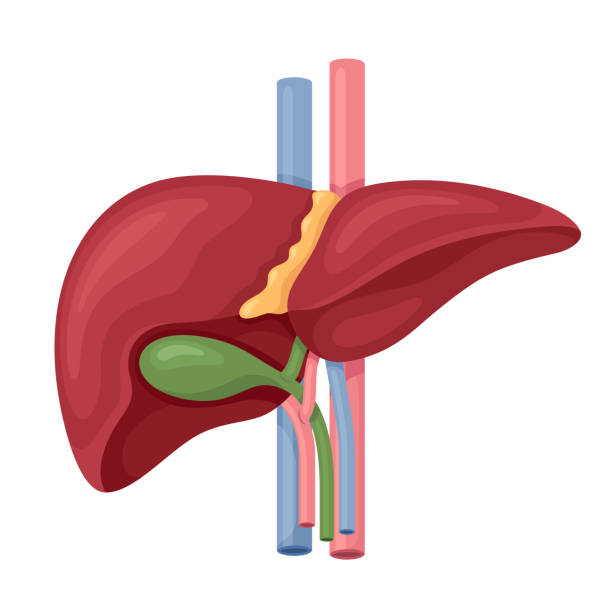Acelofenac
NSAID Pain Reliever | Anti-inflammatory Medication
⚠️ Important Safety Information
Always consult with a healthcare professional before starting any medication. This information is for educational purposes only and should not replace professional medical advice.
What is Acelofenac?
Acelofenac is a commonly used anti-inflammatory drug. It is more or less similar to diclofenac. It is a excellent painkiller in the class of non-steroidal anti-inflammatory drugs (NSAIDs). Acelofenac is used to reduce pain in conditions like osteoarthritis, rheumatoid arthritis, shoulder pain, neck pain, back pain, migraines, post-cataract surgery, dysmenorrhea (painful periods), sprains, and spasms
📌 Uses
Acelofenac is commonly used to treat:
- Pain relief in short term
- Inflammation
- Reduces swelling of joints and muscles
Dosage
- Adults: 500 MG Tablet of acelofenac can be taken orally every 4 to 6 hours. You should be careful about total dose you are taking per day, it should not exceed beyond 4 GM (heavy alcohol users should not exceed dose beyond 2 GM per day)
- Children: acelofenac is unsafe to use in children. Any dose is avoided
⚠️ Side Effects
- Nausea
- Vomiting
- Skin rash
- Constipation
🔍 Precautions
Before taking Acelofenac, tell your doctor if you have:
- 🍷 Alcohol: Heavy alcohol consumptions increases the risk of liver injury. Dosage in such people should be guided by physician.
- 🤰 Pregnancy: It is advised to consult physician before taking Acelofenac tablet.
- 🤱 Breastfeeding: Acelofenac is safe to use in lactating mothers. Human studies have shown that very small amount of drug is passed in breastmilk and is not harmful to the baby
- 🚗 Driving: Acelofenac tablet does not affect while you are driving
 Liver: Acelofenac tablet should be used with caution in liver disease. Certainly, dose adjustment is needed. Please consult your doctor. In active liver disease it is not advisable to consume Acelofenac.
Liver: Acelofenac tablet should be used with caution in liver disease. Certainly, dose adjustment is needed. Please consult your doctor. In active liver disease it is not advisable to consume Acelofenac.Kidney: Acelofenac tablet should be used with caution in kidney disease. Dose adjustment will be beneficial. Please consult your doctor. However, Acelofenac is considered safest painkiller for patients with kidney disease
🔄 Drug Interactions
📦 Storage
- Store at room temperature (68-77°F or 20-25°C)
- Keep in original container, tightly closed
- Protect from moisture and light
- Keep out of reach of children
- Do not use if tablets smell like vinegar (sign of breakdown)
💡 Quick tips from experts:
- Take with food or milk to reduce gastric upset.
- Take it as per doctors prescription. Dont increase the dose and duration of treatment.
- Long term use of diclofenac can cause stomach bleeding and kidney problems.
- It may cause drowsiness or visual disturbances. Take precaution if you are working in industry with heavy machineries, driving or doing anything that requires attention.
- Stay away from alcohol while you are consuming diclofenac.
- You should inform your doctor if you have a history of heart conditions or stroke.
- Your physician may monitor your liver enzymes and kidney function ,if you are taking this drug for long-term treatment.
ℹ️ Facts about Acelofenac:
-
<
- Chemical name: Phenylacetic derivative
- Class of drug: pain analgesics
- Habit forming: NO
- Action starts within: 30-60 min
🚨 Emergency Information
In case of overdose, contact poison control immediately at 1-800-222-1222 or seek emergency medical attention. Symptoms of overdose may include severe nausea, vomiting, stomach pain, confusion, ringing in ears, fever, and difficulty breathing.